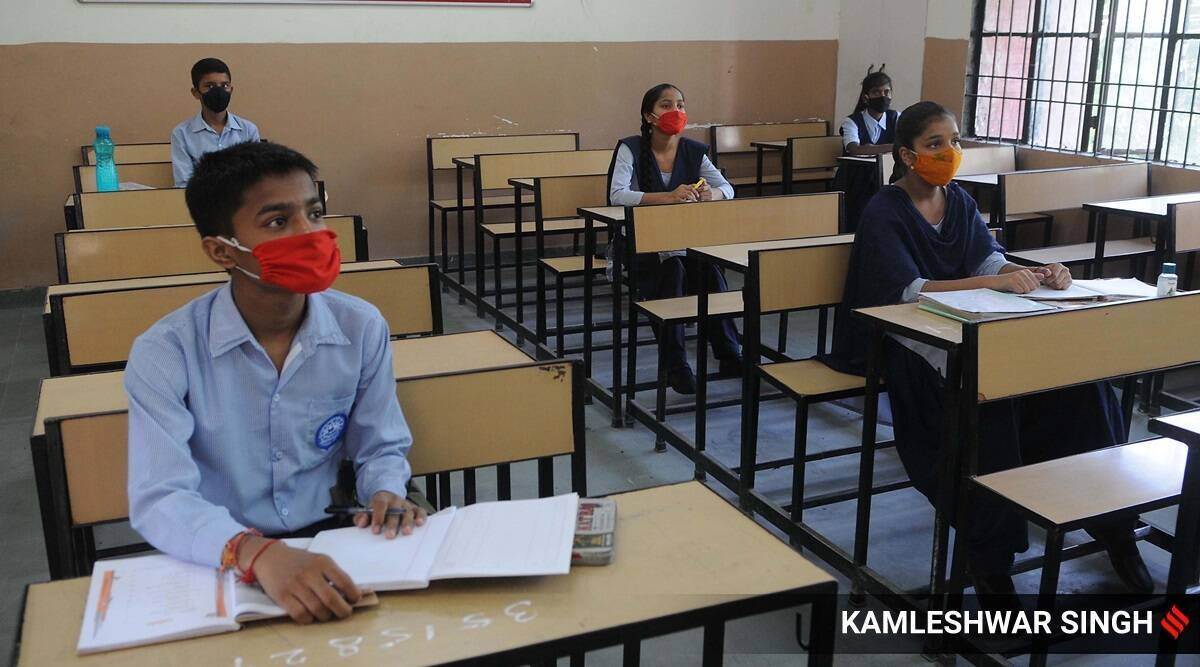
Written by Manjima Misra
As the COVID-19 pandemic refuses to die down, with a renewed resurgence causing devastation across the world, a global concerted effort where the technological advancement in the West has enabled the production of a vaccine to be utilised by the rest of the world, has once again highlighted the need for international cooperation. This, at a time when more and more nations were turning inwards. This inward-looking policy making of nations does more harm than good. It has been forecast by some that the coronavirus might be a permanent reality. In this scenario, the National Education Policy 2020 (NEP) needs to be revised.
Stratification within disciplines and languages — a pervasive and intrinsic part of the Indian Education System — has been rightly addressed by the NEP. It has envisaged a curriculum and pedagogy that is multilingual and multidisciplinary, which has inherent ethical value in terms of making education more equitable and inclusive. One of the fundamental goals that has been enshrined as a guiding principle in the NEP is to have “no hard separations between arts and sciences, between curricular and extra-curricular activities, between vocational and academic streams, etc. in order to eliminate harmful hierarchies among, and silos between different areas of learning.”
Yet, the policy is silent on the ethics of global cosmopolitanism, internationalism and universal human rights — values undermined by an excessive focus on the rootedness in local geography. Further, it has not sufficiently addressed the root cause of many socio-political issues plaguing India, which is the privileging of “competitive excellence” over “intellectual curiosity”. While this issue has seemingly been taken into consideration when the NEP says that “curriculum content will be reduced in each subject to its core essentials, to make space for critical thinking and more holistic, inquiry-based, discovery-based, discussion-based, and analysis based learning”, it contradicts itself when it exclusively mentions the disciplines of linguistics and mathematics — disciplines which have more direct practical application in the job market.
In this context, Amartya Sen’s comment on Rabindranath Tagore’s idea of education in Santiniketan is worth recalling: “But there was something remarkable about the ease with which class discussions would move from Indian traditional literature to contemporary as well as classical Western thought, and then to the culture of China or Japan or elsewhere. The school’s celebration of variety was also in sharp contrast with the cultural conservatism and separatism that has tended to grip India from time to time.”
This seamless flow into a comparative study of various national geographies has not been mentioned in NEP 2020, an absence that carries the risk of encouraging patriotic zealots to silence students who have a more global and international outlook on issues. And it is this outlook that has been integral to the conceptualisation of universal human rights. As Sen talks about Tagore, who was the first Indian Nobel laureate in literature, he says “Tagore wanted to assert India’s right to be independent without denying the importance of what India could learn — freely and profitably — from abroad. He was afraid that a rejection of the West in favour of an indigenous Indian tradition was not only limiting in itself; it could easily turn into hostility to other influences from abroad, including Christianity, which came to parts of India by the fourth century, Judaism, which came through Jewish immigration shortly after the fall of Jerusalem, as did Zoroastrianism through Parsee immigration later on, and, of course — and most importantly — Islam, which has had a very strong presence in India since the eighth century”.
The absence of a comparative international analysis from the curriculum and pedagogy is an error that India’s education cannot afford. For example, India has a lot to learn from New Zealand, which is making tremendous progress in human development under the leadership of Jacinda Ardern and Scandinavian countries which have long held the highest ranks in the UNDP Human Development Index. While NEP 2020 repetitively highlights the goals of holistic and inclusive education, it paradoxically makes it clear that the “local context” will gain preponderance over other aspects as the foundational ethos of the education policy. This emphasis on the local, and the absence of the global, is contradictory to the goals of technological learning in the pandemic-ridden world — a learning which would not have been possible without globalisation.
Misra is the author of two books ‘Indian Feminine Fury’ and ‘Unapologetically Mad’. She is pursuing an M.A. in English Literature at the University of Delhi





































